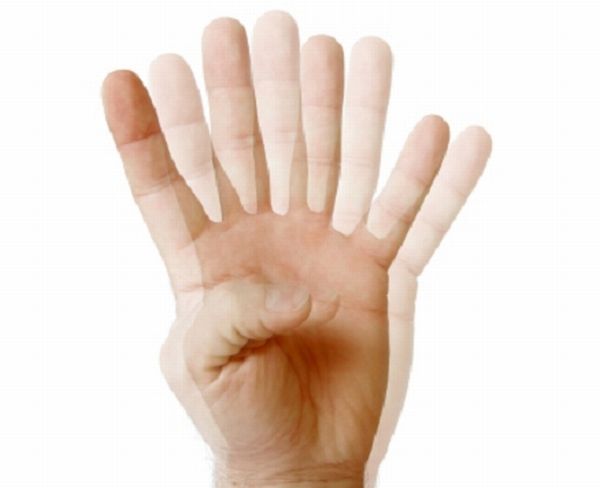
A single, clear image is a result of coordination between multiple systems within the body. When light falls on the retina, the rods and cones produce action potential as a reaction to this light, this potential is further transmitted as electrical impulses. These impulses travel along the optic nerve to the brain where the images from both the eyes are fused to form one. When two images of the same object are seen by an individual, it is called as diplopia or double vision. Diplopia is different from blurred vision where the objects are not seen clearly. Chronic diseases, long-term illness which affect the eye can also cause diplopia. Physiological diplopia can be considered as a normal phenomenon where a double vision of a distant object can occur while focusing on an object close by. The brain counteracts such defects by suppressing such images. A temporary episode of double vision is also clinically less significant.
How does it occur?
We perceive a single image of an object even if it is seen through two eyes as both the images from the eyes are converted into a single image by the nervous system. The cranial nerves of the nervous system along with the eye muscles help the eye to accurately focus on to the same object. A defective function of the nerves or the eye muscles results in diplopia as both the eyes do not focus on to the same object and hence the image cannot be fused into one. Any minor damage to the eye, its muscles, nerves, other structures surrounding the eye and parts of the brain can divert the virtual axis resulting in improper coordination of eye movements. This disruption can result in diplopia. A change or a disturbance in this conversion can result in diplopia. When the problem occurs in one eye and it is termed as monocular and when the problem occurs while processing both the images from two eyes it is termed as binocular. Binocular diplopia is due to the abnormal alignment of the eyes. In this case, the symptoms are not seen when one eye is covered.
What are the causes of diplopia?
The disruption which occurs during the process of conversion of images can occur due to various causes resulting in diplopia. Listed below are some causes of double vision:
1. Chronic illness
Some diseases can affect the eye and can cause diplopia, so a doctor has to be consulted at the earliest to prevent further worsening of the problem.
2. Some drugs and alcohol
Toxicity caused due to some drugs, excess alcohol can cause vision problems like diplopia but the condition is temporary and gets rectified as the substances get cleared out of the system.
3. Some conditions related to the brain
Like stroke, tumors, aneurysms, severe migraine can also cause diplopia due to increased pressure. The nerves which control the eyes are directly linked to the brain. As the main visual processing takes place here, several causes for diplopia are related to the brain.
4. Uncontrolled diabetes and blood pressure, multiple sclerosis, thyroid problems
These can also result in double vision due to the damage caused to the cranial nerves. Systemic illness like multiple sclerosis can also affect nerves in the brain causing vision problems. Abnormal sugar levels also damage the nerves. Thyroid disorders like Graves’ disease also affect the eye muscles causing diplopia.
5. Some autoimmune diseases like myasthenia gravis
In such cases, the eye muscles become too weak to properly coordinate the eye movements resulting in vision problems.
6. Displacement of the lens and detachment of the retina
These are very serious conditions which can cause diplopia. Weakening of the eye muscles also causes double vision.
7. Cataract
It appears due to problem in the eye lens and can in turn result in double vision. Monocular diplopia occurs in the case of cataract also.
8. Cornea problems
It can cause diplopia, but in one eye (monocular diplopia) whereas the image of the object is normal when viewed with the normal eye. The damaged portion of the cornea changes the direction of the incoming light, thus creating double vision.
9. Strabismus
It is a condition in which, double vision is a symptom and eye movement in a particular direction is impaired due to paralysis of one or more eye muscles.
10. Astigmatism
It can sometimes cause monocular diplopia.
11. Trauma
Any injury causing swelling and damage to the ocular muscles also results in diplopia.
So, it is important to find out the exact cause for diplopia and get it treated, as, it is not normal and needs prompt attention. Even though some causes of diplopia are relatively temporary, but others need immediate medical attention.




